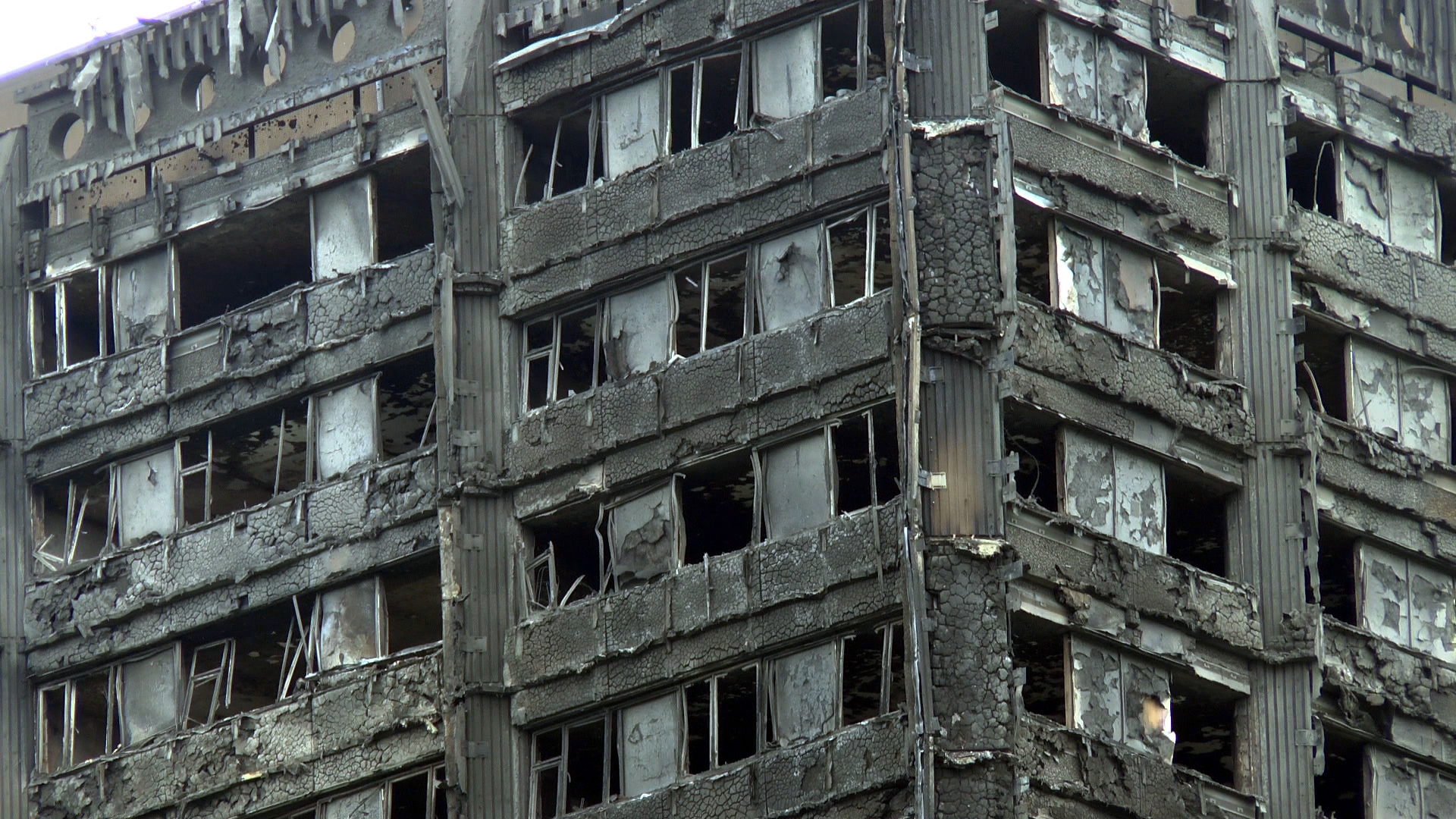If you’re a government minister, one phrase you don’t want to see popping up in your press coverage too often is “pressure is growing”. This doesn’t just mean that there are people who oppose you (I mean, aren’t there always?): it means the media have collectively decided that enough of them oppose you to make a u-turn probable, and thus will keep banging on about it until it happens.
Housing secretary Robert Jenrick – never a man blessed with great press, it must be said – has been seeing that phrase rather a lot of late. His plan to fund the removal of the flammable cladding uncovered in the wake of the Grenfell fire has left millions of leaseholders facing massive costs to remove it. As a result, pressure is growing (see? It happened again) for him to change course. Those providing that pressure include a selection of Tory backbenchers, the Daily Mail, Jeremy Clarkson, and Kevin McCloud off Grand Designs – none of them the sort of people a Tory minister generally wants to make an enemy of.
The reason for all this is the government’s obvious reluctance to protect leaseholders from the life-wrecking cost of its own mistakes. The £3.6bn fund Jenrick announced last week covers fire safety measures in buildings over 18 metres, or six storeys, high in England. It’ll be funded in part by a levy on developers (although, inevitably, details TBC). That sounds like a lot of money, especially when added to the £1.6bn building safety fund already allotted. But it’s a long way short of the £15bn a Commons committee recommended last year. It isn’t enough.
Lockdowns have taken income away from hundreds of Big Issue sellers. Support The Big Issue and our vendors by signing up for a subscription.
It also, you notice, excludes those cladding-covered buildings which are under 18 metres/six storeys high, which account for more than half of those that require remediation, as well as any building affected in Scotland, Wales or Northern Ireland. The arguments for this are, basically, that you’re vastly less likely to die in a fire in a low-rise building; and that the devolved governments should be stumping up their own share of the costs, respectively.
Why being less likely to die in a fire makes you more able to pay a large bill is not exactly clear. Last autumn, the House of Lords passed an amendment proposed by the Liberal Democrat Baroness Pinnock, which would have made it illegal for the developers or investors who own building freeholds to pass costs down to the leaseholders who actually own the flats inside them. The government has so far failed to support this amendment, however: Jenrick has instead proposed a system of long-term low interest loans, at which freeholders could pay off their cladding debts by up to £50 a month. At that rate, this will take literally decades. The debts would be sold with the flats, almost certainly reducing property values.









